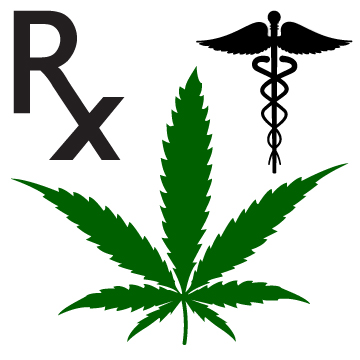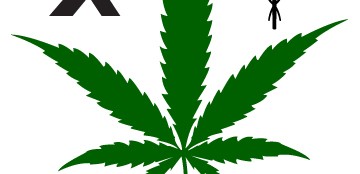 by Sierra Beckwith
by Sierra BeckwithStaff Writer
On Aug. 1, 2013, Governor Pat Quinn signed a bill legalizing medical marijuana. The legislation took effect on Jan. 1, 2014.
Illinois became the 19th state to legalize marijuana for medicinal purposes. Various types of legalization started in 1966 in California and have slowly become accepted in multiple states throughout the country.
Illinois medical marijuana laws are said to be some of the strictest in the nation.
“The reason I’m signing the bill is because it is so tightly and properly drafted,” Quinn said.
There are two standing viewpoints regarding the legalization for this ‘medicine,’ as some would put it. There are those for it and those against it being used as a legitimate therapy technique.
The first medical clinic to open its doors was Good Intentions in Chicago. In the first two months Good Intentions was open, they received 20,000 requests for care and their numbers have continued to grow.
“At some point in time, every medical specialty was viewed with great skepticism,” said Tammy Jacobi, Chief Executive Officer of Good Intentions LLC.
They are having a hard time keeping up, but are doing their best to meet the needs of their patients as quickly and efficiently as possible.
Legal medical use of this substance allows patients with debilitating diseases to live a more normal lifestyle than their bodies or minds would typically allow.
“Too much of anything is never good for one, but when it is used responsibly I see nothing wrong with it. I believe marijuana has many different benefits and hopefully soon patients around here can be prescribed it if they need it,” said Joshua Baker, a Dorsey resident and music major at Lewis and Clark.
Clinics do not dispense the medicine, they only diagnose the patient. They do however assign the patient with their primary dispensary based on patient location.
Patients can be prescribed the medication, once given a medical card, under 33 qualifying medical conditions, unless it is a condition otherwise approved by the Department of Public Health.
Card holders are allowed up to 2.5 ounces per week, with the exception of indication by the prescribing doctor. They are only permitted to purchase their medical products from the dispensary their doctor assigns them.
There will be up to 60 dispensaries spread statewide. These dispensaries can only receive their medical plants from the 22 designated cultivation centers.
All of these establishments must go through an application process and gain approval to becomelicensed by the state.
There are currently 10 cities that hold dispensaries, with some cities holding more than one. Most of these are located in the northern part of the state and gradually moving south.
sbeckwith@lc.edu




